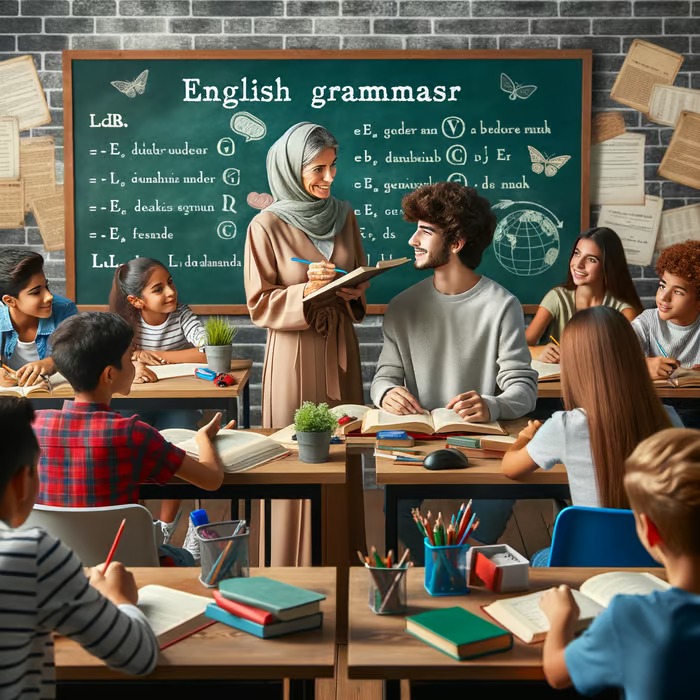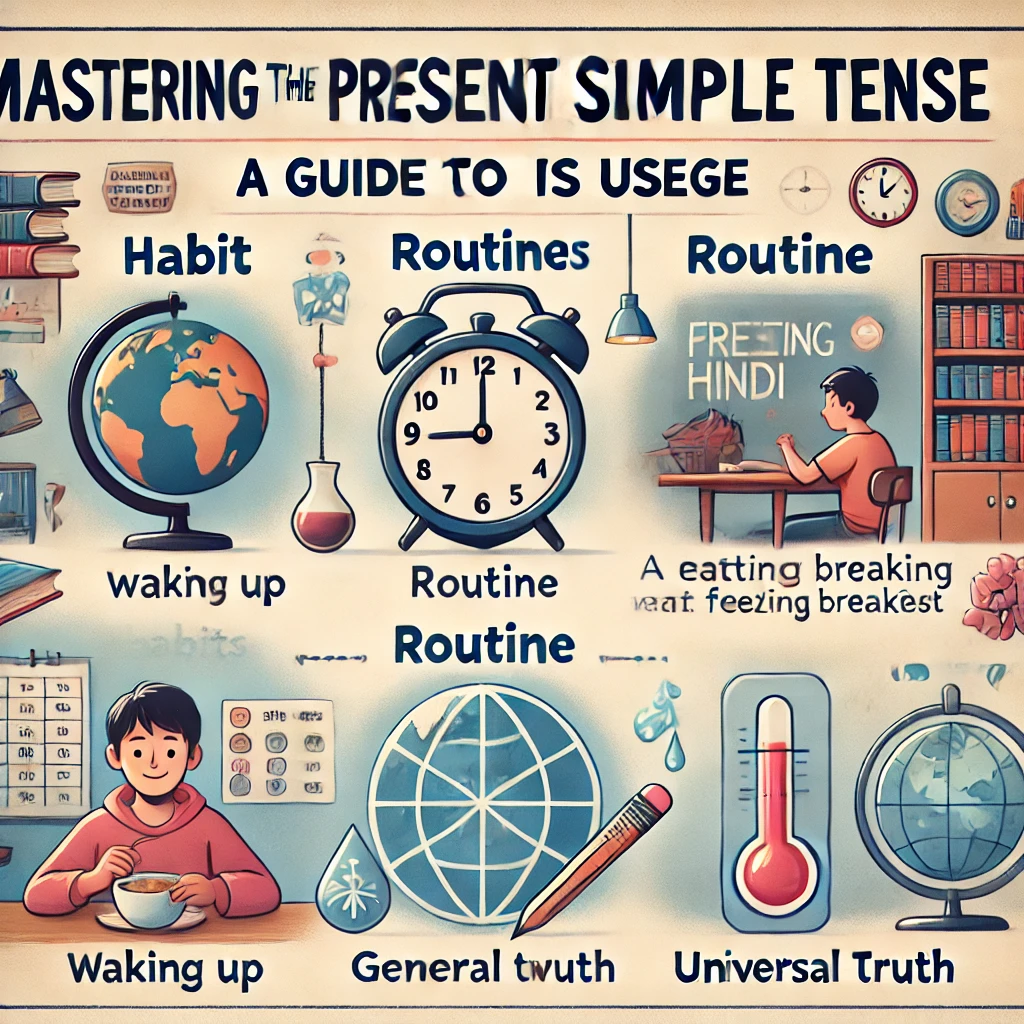Hindi Explanation:
भूतकाल पूर्ण निरंतर काल (Past Perfect Continuous Tense) अकादमिक लेखन और अध्ययन में बेहद महत्वपूर्ण है। यह एक क्रिया के लम्बे समय तक चलने वाले भूतकालिक कार्य को दर्शाता है जो किसी अन्य भूतकालिक घटना से पहले शुरू हुआ था और चल रहा था। इससे घटनाओं के बीच के संबंध को स्पष्ट रूप से दिखाया जा सकता है, जिससे लेखन अधिक स्पष्ट, सटीक और प्रभावशाली बनता है। उदाहरण के लिए, एक शोध पत्र में, हम लिख सकते हैं कि "जब प्रयोग शुरू हुआ, तब हम कई घंटों से डेटा एकत्रित कर रहे थे।" यहाँ, "कई घंटों से डेटा एकत्रित कर रहे थे" भूतकाल पूर्ण निरंतर काल में है, जो दर्शाता है कि डेटा एकत्रित करने की प्रक्रिया प्रयोग से पहले ही शुरू हो चुकी थी और प्रयोग के आरंभ तक जारी थी। इस प्रकार, यह काल घटनाओं के क्रम और कारण-कार्य संबंधों को समझने में महत्वपूर्ण भूमिका निभाता है, जिससे व्याख्या अधिक गहन और विस्तृत होती है। इसके प्रभावी उपयोग से शोध पत्रों, निबंधों, और अन्य अकादमिक लेखन को मजबूती मिलती है, और पाठक घटनाओं को अधिक स्पष्टता से समझ पाते हैं। विद्यार्थियों को इस काल का शुद्ध उपयोग करने पर ध्यान देना चाहिए ताकि उनका अकादमिक लेखन बेहतर हो सके।
English Explanation:
The Past Perfect Continuous tense plays a crucial role in academic writing and research. It highlights a prolonged action in the past that started before another past event and continued up to that point. This precise temporal relationship between events enhances clarity, accuracy, and impact in academic work. For instance, in a research paper, one might write, "We had been collecting data for several hours when the experiment commenced." Here, "had been collecting data" is in the Past Perfect Continuous, clearly indicating the data collection started before and continued until the experiment began. This tense is, therefore, essential for conveying the sequence and cause-and-effect relationships between events, leading to a more nuanced and comprehensive analysis. Its effective use strengthens research papers, essays, and other academic writing, enabling readers to grasp the timeline and context with greater clarity. Mastering and accurately using this tense is vital for students aiming to improve the quality and precision of their academic work in 2024 and beyond.
| English | Hindi | Roman Hindi |
|---|---|---|
| They had been studying for hours before the exam. | वे परीक्षा से पहले घंटों से पढ़ाई कर रहे थे। | ve pareeksha se pehle ghanton se padhai kar rahe the. |
| She had been working on the project since January. | वह जनवरी से ही उस परियोजना पर काम कर रही थी। | vah janvari se hi us pariyojana par kaam kar rahi thi. |
| We had been waiting for the bus for a long time. | हम बस के लिए बहुत देर से इंतजार कर रहे थे। | ham bus ke lie bahut der se intezaar kar rahe the. |
| He had been playing cricket all afternoon. | वह सारी दोपहर क्रिकेट खेल रहा था। | vah sari dopahar cricket khel raha tha. |
| They had been arguing before the teacher arrived. | शिक्षक के आने से पहले वे झगड़ रहे थे। | shikshak ke aane se pehle ve jhagad rahe the. |
| The rain had been falling since morning. | सुबह से बारिश हो रही थी। | subah se barish ho rahi thi. |
| I had been feeling unwell for days. | मैं कई दिनों से अस्वस्थ महसूस कर रहा था। | main kai dinon se aswasth mahsus kar raha tha. |
| The dog had been barking all night. | कुत्ता सारी रात भौंक रहा था। | kutta sari raat bhaunk raha tha. |
| She had been dreaming about her trip. | वह अपनी यात्रा के बारे में सपना देख रही थी। | vah apni yatra ke bare mein sapna dekh rahi thi. |
| We had been discussing the problem for weeks. | हम हफ़्तों से उस समस्या पर चर्चा कर रहे थे। | ham haftaon se us samasya par charcha kar rahe the. |





